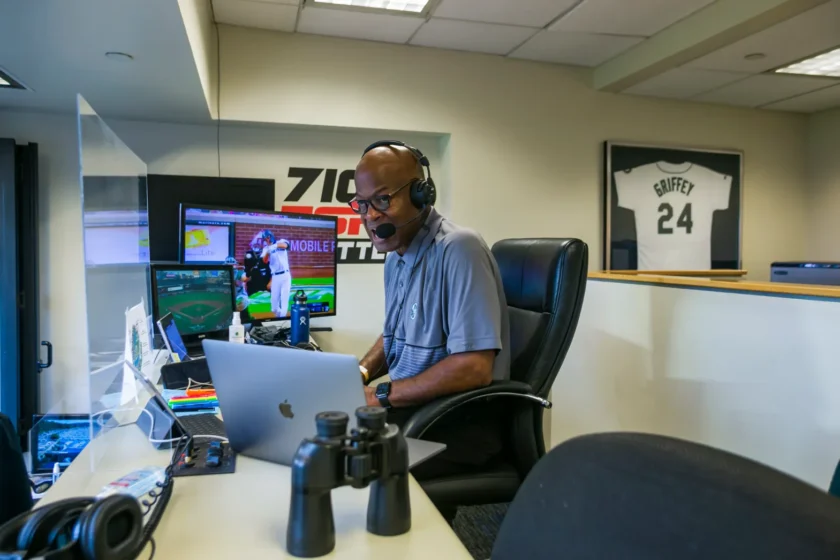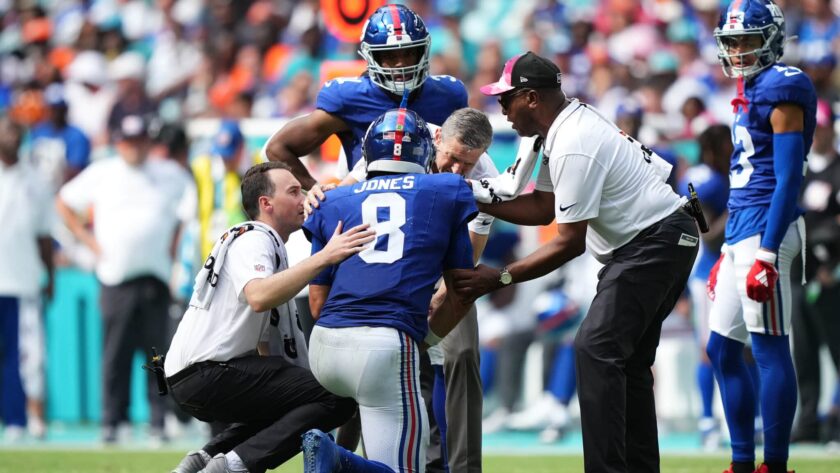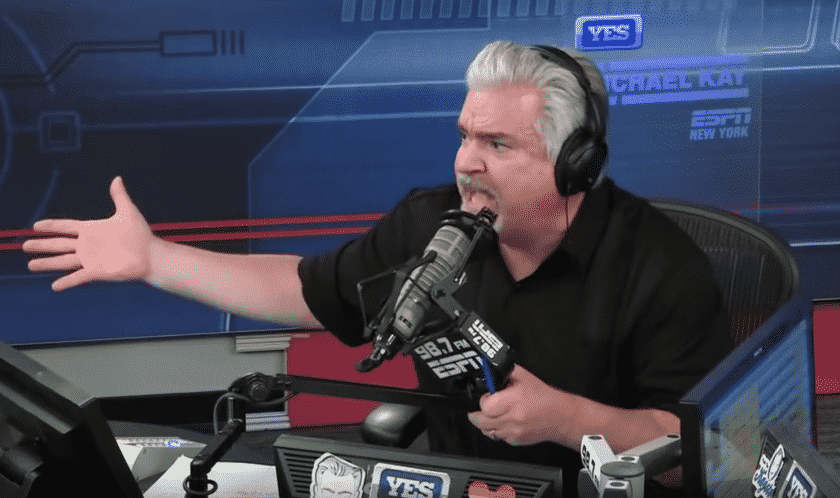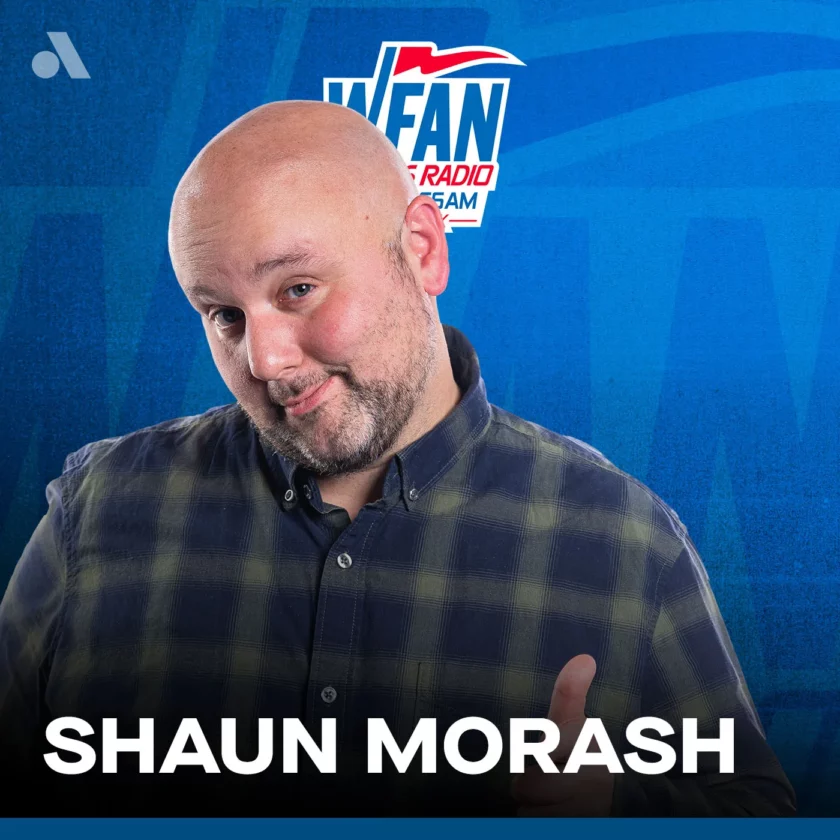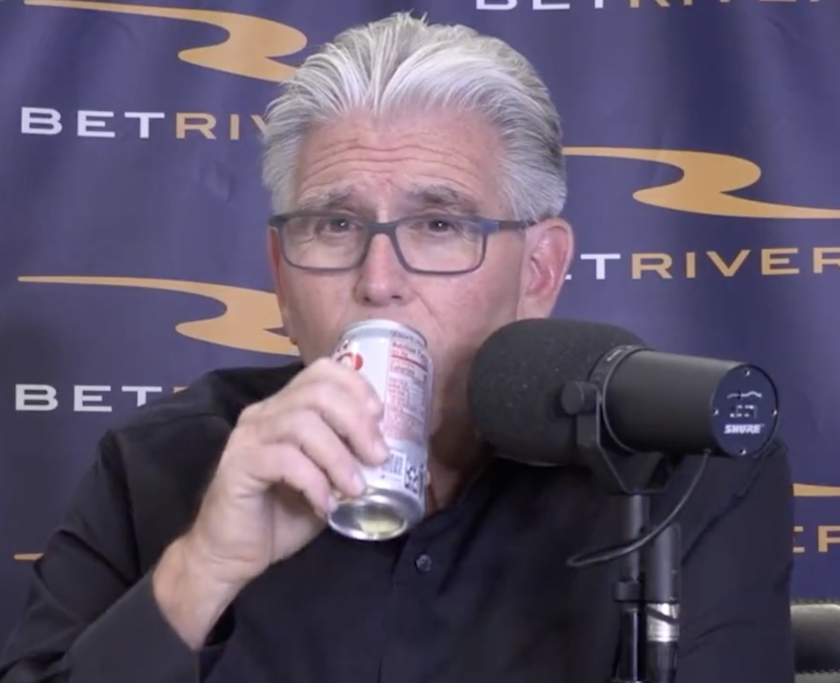New Adam Schefter takeout lays NFL scoop-industrial complex bare
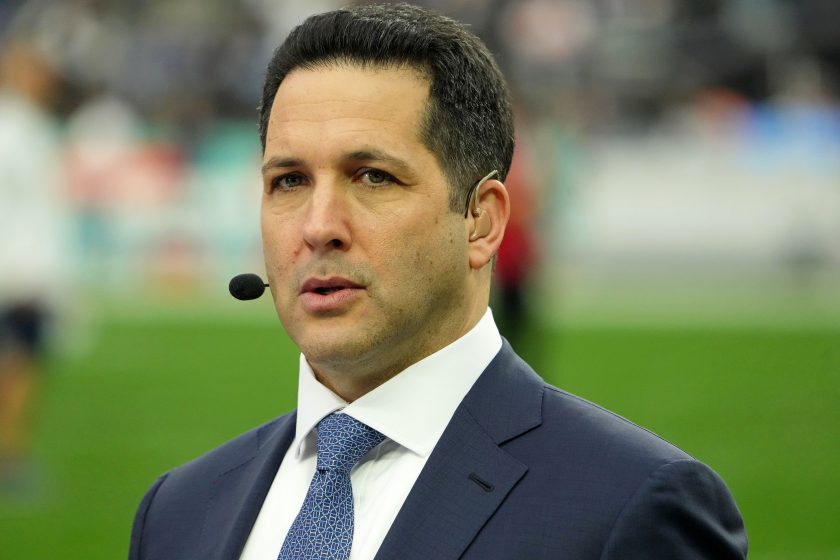
The Washington Post published a thoroughly-reported Adam Schefter feature on Tuesday.
It does not paint a flattering picture of ESPN’s ace NFL insider. And, most importantly, it lifts the curtain on how the world works for the prominent sports news breakers.
Perhaps the most telling anecdote from sports media reporter Ben Strauss: Cowboys owner Jerry Jones once told his colleagues to leak all news about their teams to league-owned NFL Network in order to “build its credibility and popularity.”
That confirmation of what has long been obvious. The scoop game is largely rigged. Employees of the league-owned network (and behemoths like Schefter) have a gifted edge on local beat reporters and columnists.
That is not to say the NFL Network reporters don’t work hard (they do) or that outside reporters cannot succeed and break news (they can). But from a media literacy standpoint, it is important that fans understand how the information flows. Especially when dealing with league- and team-centric topics, like Daniel Snyder’s piles of scandal.
Strauss also reports on the symbiotic relationship between player agents and insiders, and how agent-driven reporting can easily slide into outright water-carrying. Acts like reporting inflated contract numbers in return for a transaction scoop are largely victimless crimes. But two of Schefter’s recent missteps — one-sided and misleading reporting on allegations of domestic violence against Vikings running back Dalvin Cook and now-Browns quarterback Deshaun Watson’s litany of sexual assault allegations — illustrate how this push and pull can distort reality and compromise integrity.
Schefter has embarrassed himself and ESPN considerably with his slip-ups. And they clearly care about that. Otherwise they wouldn’t cooperate with Strauss. But if Schefter and ESPN thought this piece would improve his reputation, they were wrong.
Yes, he offers concessions about being more cautious and thorough in his reporting. And yes, he possesses a relentless work ethic and is extremely valuable to the network. But his questionable tactics — at least in the spirit of what is considered traditional journalistic practice — overshadows that.
Schefter amazingly told Strauss, without seemingly any hesitation, about his tradition of sending expensive Christmas gifts to sources. He also revealed he used to email blast his reporting to sources at the same time he was turning it into his news desk. So pre-publication, like the “Mr. Editor” fiasco with disgraced Washington executive Bruce Allen.
Schefter basically brags about consulting coaches and executives on potential roster moves. And fellow ESPNers rip him — albeit under the condition of anonymity — in the report. The feature also details various other moves of dubious ethical nature among insiders in general.
But then again, maybe that’s part of the problem. We hold Schefter (and other insiders) to the standards of “good” journalism, real or perceived. Most or all insiders started their careers in recognizable, established roles in that vein (Schefter was a Broncos beat writer). And then they worked their way up to the top of the profession. So we continue to apply the same rulebook to them.
But journalism ethics can be a moving target nowadays. And even then, is what Schefter does actually by-the-book journalism?
The guy reportedly makes $9 million a year. ESPN gives him a driver so he can be on his phone all the time. His willingness to do a Sportscenter hit on Christmas Day? It feels like a coach telling you he works 20 hour days, sleeps in his office and only eats ice cream so he doesn’t waste time chewing and can watch more film. Schefter is part of the show now. We wouldn’t bat an eye if we found out CBS play-by-player Jim Nantz sent expensive chocolates to various NFL people as holiday gifts. Should we for Schefter?
Information conduits aren’t as important to the commercial success of the NFL or NBA or whatever as coaches and players. But they are certainly worth something, whatever their methods may be. It might be time to conclude they are no longer practicing journalism, but a journalism-adjacent activity. Which can have plenty of merit. But let’s start calling it for what it is.
James Kratch can be reached at james.kratch@xlmedia.com
James Kratch is the managing editor of ESNY. He previously worked as a Rutgers and Giants (and Mike Francesa) beat reporter for NJ Advance Media.

